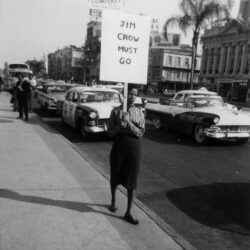History
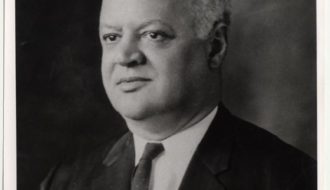
A. P. Tureaud
A. P. Tureaud was a key legal activist in an era of vigorous challenges to Jim Crow in twentieth-century Louisiana.

A. P. Tureaud was a key legal activist in an era of vigorous challenges to Jim Crow in twentieth-century Louisiana.
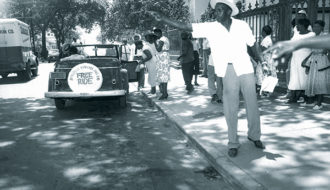
The 1953 Baton Rouge Bus Boycott was an organized, eight-day long protest of the segregated seating system on city buses.

The Baton Rouge Bus Boycott of June 1953 lasted eight days and became a model for organizers of the 1955 Montgomery Bus Boycott.
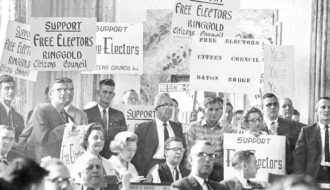
Citizens’ Councils were a loose network of white supremacist, segregationist organizations in the South that organized to preserve segregation.
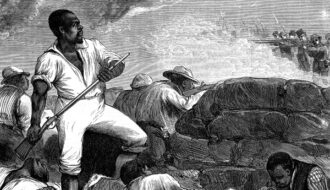
In 1873 white Louisianans responded to Reconstruction policies with violence, resulting in the Colfax Massacre.

In 1873 white Louisianans responded to Reconstruction policies with violence, resulting in a massacre that claimed as many as 150 lives.
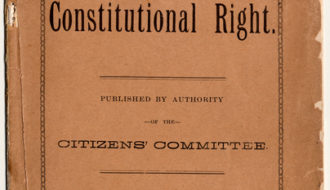
The Comité des Citoyens was an equal rights organization formed in 1891 that played a key role in the events leading up to Plessy v. Ferguson.
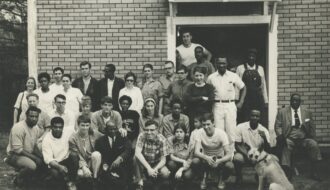
Between 1960 and 1967 the Congress of Racial Equality (CORE) played a key role in Louisiana’s Black freedom struggle.
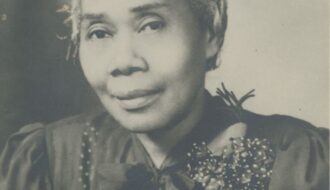
Fannie C. Williams was an educator, community organizer, and civil rights activist.
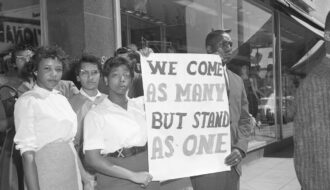
In 1960 the state charged student protestors with disturbing the peace, resulting in a US Supreme Court ruling that affirmed Black communities’ constitutional right to protest.
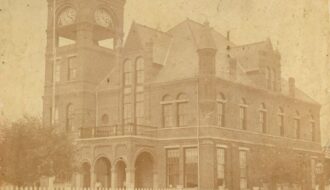
In 1917 the Louisiana court system ruled that Native people occupied the same legal status as African Americans under Jim Crow.
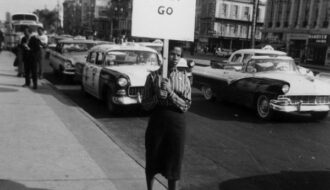
In the late nineteenth century, the implementation of Jim Crow—or racial segregation—laws institutionalized white supremacy and Black inferiority throughout the South.
One-Year Subscription (4 issues) : $25.00
Two-Year Subscription (8 issues) : $40.00
